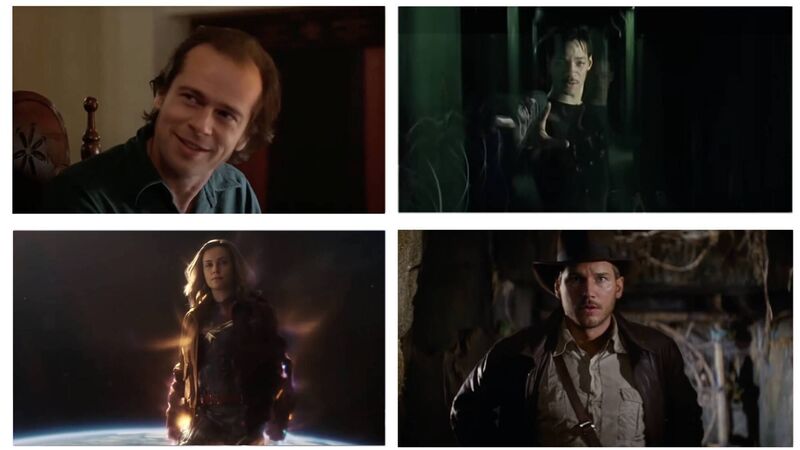'Deepfakes' UCC study highlights risk of 'false memory' created by online technology

Screenshots of the four deepfake clips used in the study, clockwise from top left: Brad Pitt in a remake of The Shining, Will Smith in a remake of The Matrix, Chris Pratt in a remake of Indiana Jones, Charlize Theron in a remake of Captain Marvel.
Remember Will Smith's brilliant performance in that remake of ? Well, it turns out almost half the participants in a new study on 'deep fakes' believed fake remakes featuring different actors in old roles were real, highlighting the risk of 'false memory' created by online technology.
The study, carried out by researchers at the School of Applied Psychology in University College Cork, presented 436 people with deepfake video of fictitious movie remakes.










